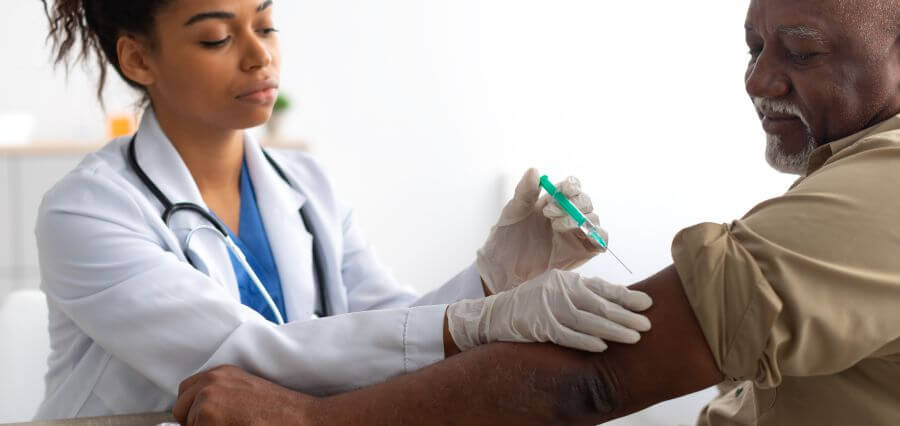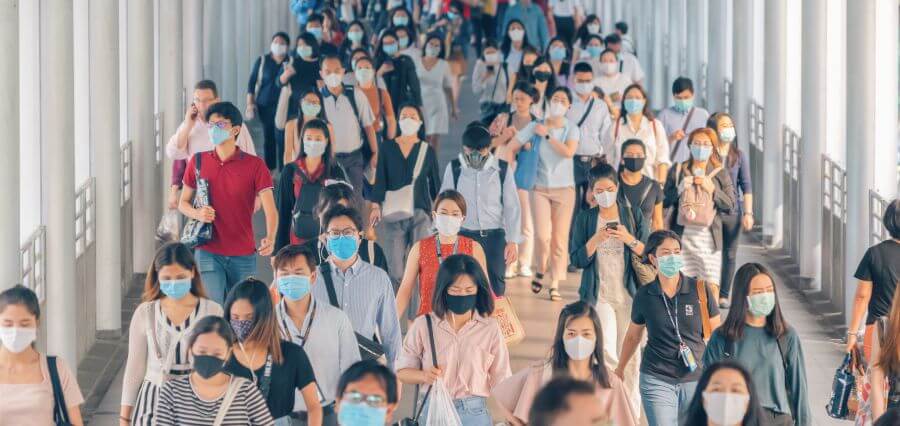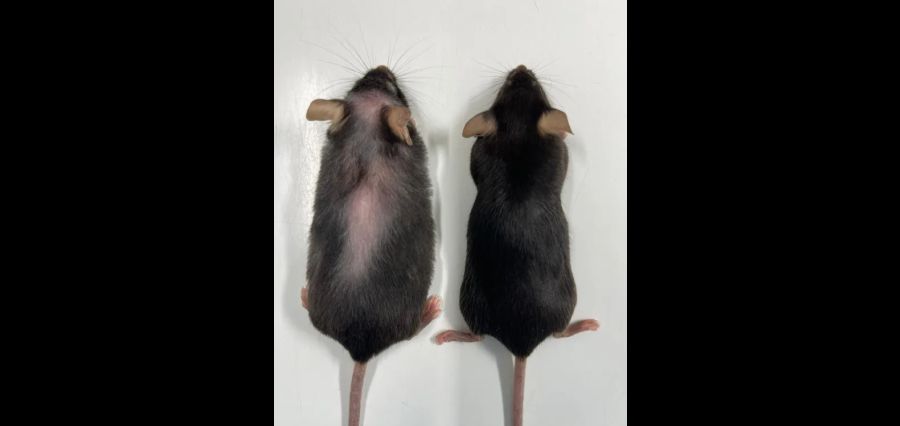Frontline Warriors
In the face of global health challenges, community healthcare workers have emerged as frontline warriors, playing a vital role in promoting healthcare access and improving the well-being of communities worldwide. These dedicated individuals are the backbone of the healthcare system, bridging the gap between healthcare providers and underserved populations.
Let’s understand the essential role and functions of community healthcare workers and recognize their significant contributions to public health.
Role of Community Healthcare Workers
Community healthcare workers, also known as CHWs or lay health workers, serve as a link between healthcare providers and the communities they serve. They are trusted members of the community who have a deep understanding of the local culture, language and health needs. Their primary role is to promote and improve access to healthcare services, especially among vulnerable and marginalized populations. CHWs act as advocates, educators and mentors, empowering individuals to control their health and make informed decisions.
One of the key responsibilities of CHWs is to provide health education and promote disease prevention. They educate community members on nutrition, hygiene, sexual health and chronic disease management. By raising awareness and imparting knowledge, they help communities adopt healthier behaviors and reduce the risk of diseases.
Additionally, community healthcare workers play a critical role in facilitating health screenings and referrals. They conduct screenings for conditions such as hypertension, diabetes and HIV/AIDS, ensuring early detection and timely intervention. When necessary, they refer individuals to appropriate healthcare facilities for further diagnosis and treatment. This proactive approach helps prevent complications and improve health outcomes.
Functions of Community Healthcare Workers
The functions of community healthcare workers encompass a wide range of activities that vary based on the specific needs of the community. Here are some essential functions performed by CHWs:
Health Promotion and Outreach: CHWs engage in community outreach programs to raise awareness about healthcare services, preventive measures, and available resources. They organize health fairs, workshops and awareness campaigns to disseminate information effectively.
Patient Advocacy: Community healthcare workers advocate for individuals who face barriers to healthcare access. They help navigate complex healthcare systems, assist in obtaining insurance coverage, and protect patients’ rights.
Care Coordination: CHWs are crucial in coordinating care between patients and healthcare providers. They facilitate communication, ensure scheduled follow-up appointments, and assist in medication adherence. They help improve care continuity and patient satisfaction by serving as a bridge.
Home-Based Support: In cases where individuals face difficulties accessing healthcare facilities, CHWs provide home-based support. They offer services like wound dressing, medication management and monitoring of vital signs. This personalized care enables patients to receive necessary treatment without leaving their homes.
Cultural Mediation: Community healthcare workers act as cultural brokers, facilitating effective communication between healthcare providers and individuals from diverse cultural backgrounds. They bridge language and cultural gaps, ensuring that healthcare services are delivered culturally sensitively.
Data Collection and Reporting: CHWs gather valuable data on community health needs, demographics and health outcomes. This information is crucial for designing effective public health interventions and shaping healthcare policies.
Support for Vulnerable Populations: CHWs provide specialized support for vulnerable populations such as the elderly, individuals with disabilities, low-income communities, and those experiencing homelessness. They assess their unique needs, connect them with appropriate resources, and ensure they receive the necessary healthcare services.
Health Navigation: Community healthcare workers assist individuals in navigating complex healthcare systems. They help patients understand healthcare policies, insurance coverage and facilitate access to primary care, specialists, and other healthcare providers.
Health Advocacy at the Policy Level: CHWs can be powerful advocates for policy change. They bring firsthand knowledge of community health issues to policymakers, highlighting the needs and concerns of underserved populations. By actively participating in policy discussions, they contribute to shaping healthcare policies that are inclusive and equitable.
Mental Health Support: In addition to physical health, community healthcare workers also address mental health issues. They provide emotional support, offer coping strategies, and refer individuals to mental health professionals when necessary. By promoting mental well-being, they contribute to overall health and quality of life.
Conclusion
Community healthcare workers play a crucial role in addressing healthcare disparities, promoting health equity and improving the overall well-being of communities. Their commitment, compassion and cultural competence make them invaluable assets in the frontline battle against health challenges. By fulfilling their diverse functions, CHWs empower individuals, strengthen healthcare systems, and contribute to achieving global health goals. Recognizing and supporting the efforts of these frontline warriors is essential for building resilient and inclusive healthcare systems that leave no one behind.










